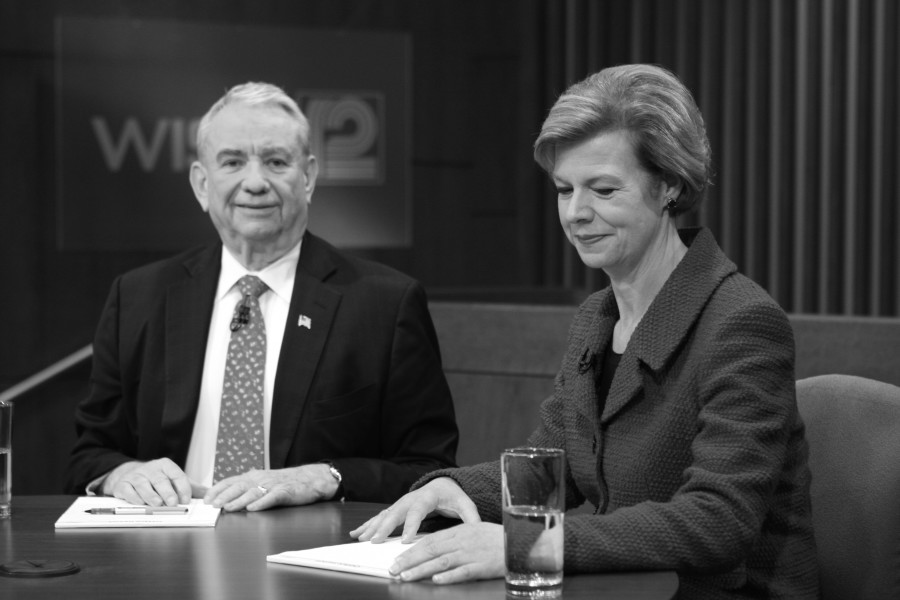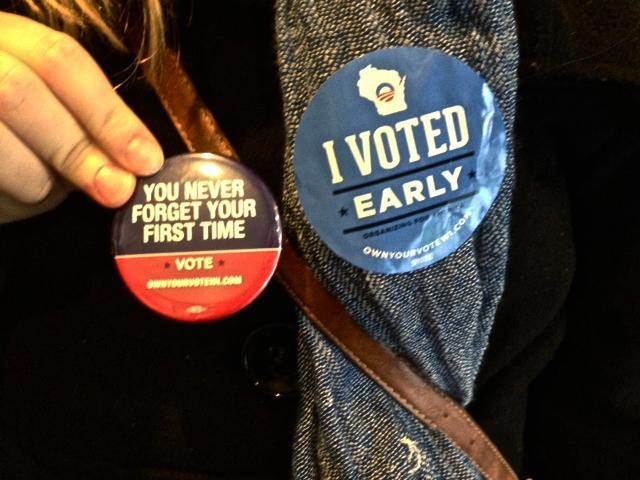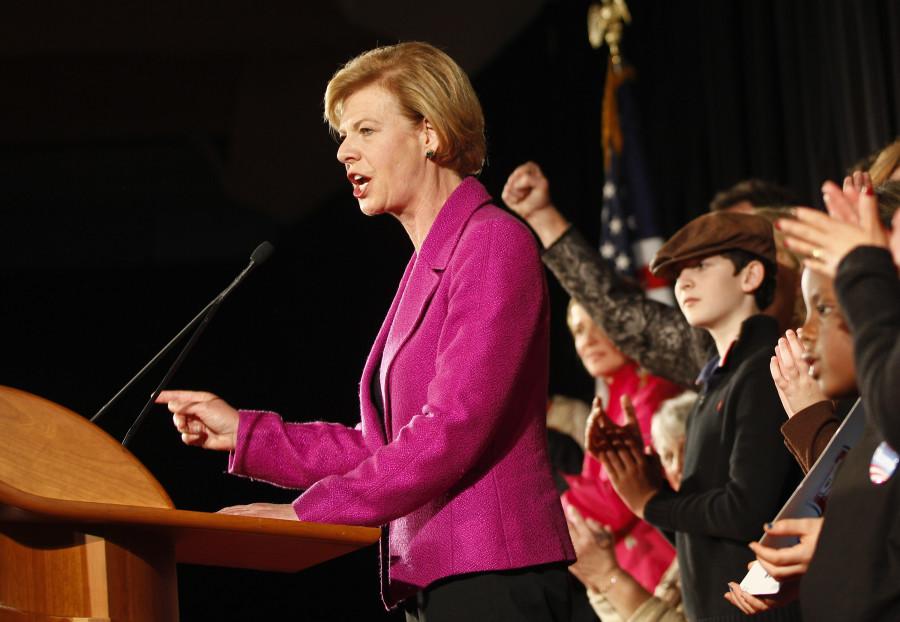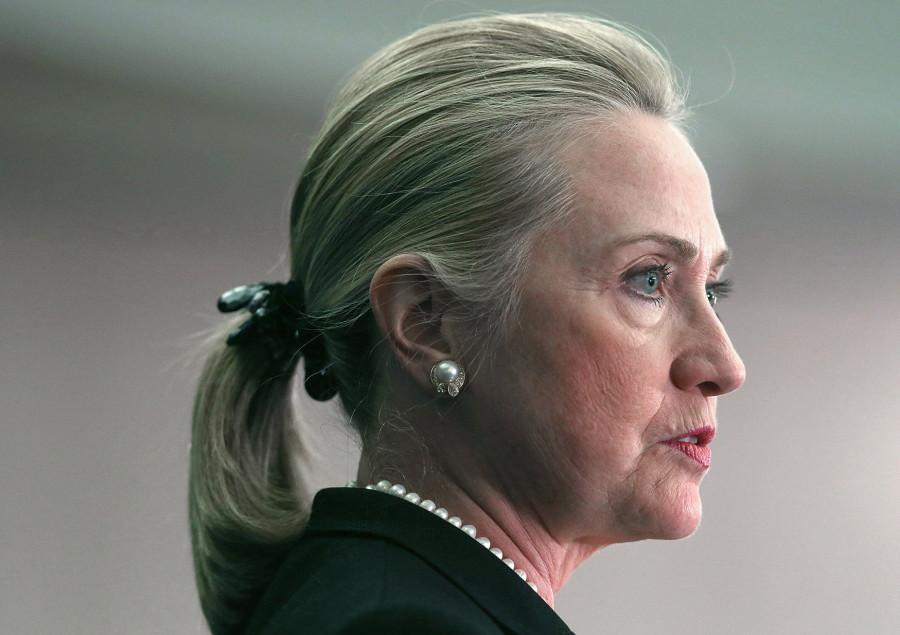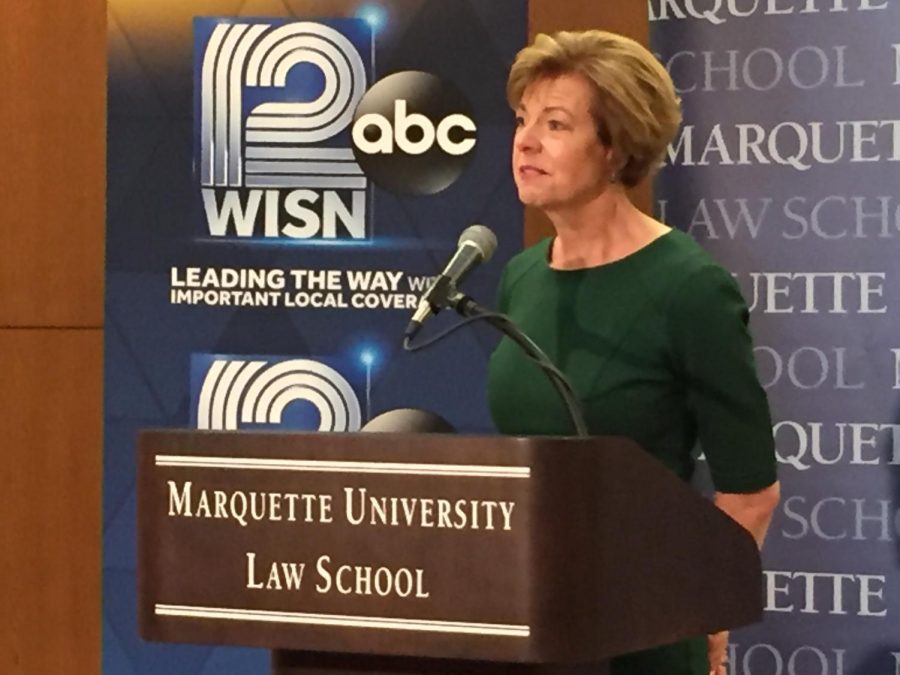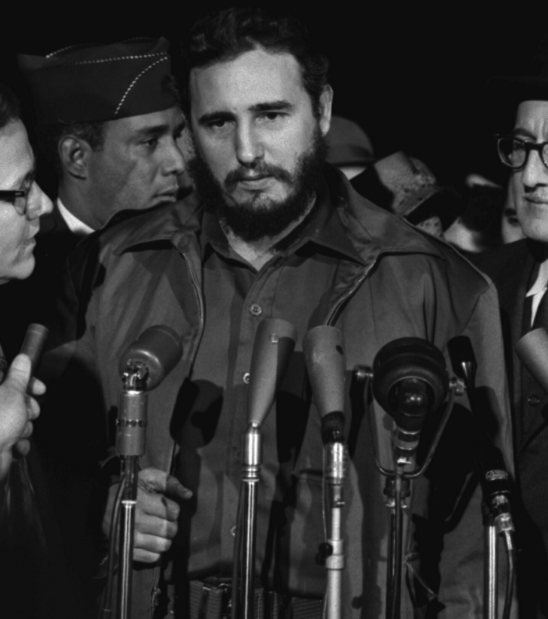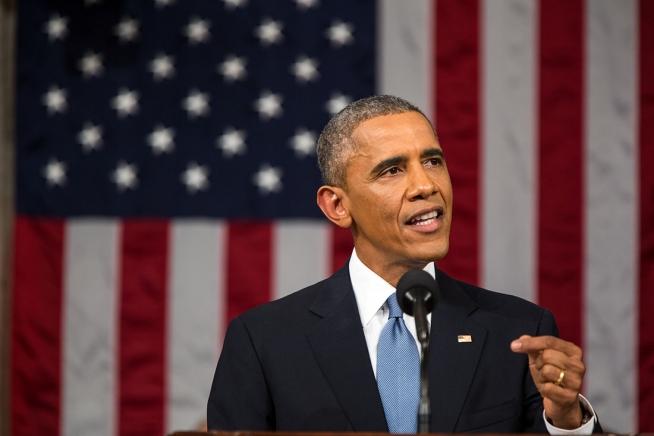Barack Obama’s 2008 campaign buzzword, “change,” has turned out at times to be not just a political prescription, but also a forecast. The last four years undoubtedly produced change in the American economy, politics and history – but how much of it can, or should be, attributed to the president?
To sidestep a convoluted answer about the extent of the executive branch’s role in U.S. government, Obama influenced or presided over many projects and reforms during his term that contributed to the nation’s changing landscape. Outlined is a recap of some of the president’s most significant impacts:
The American Recovery and Reinvestment Act
As the most crippling recession since the Great Depression plagued the nation, Obama signed this $787 billion stimulus in 2009 with the intent of prompting economic growth. Unemployment began to dwindle within a month of the bill’s passage, and the private sector started to generate positive job growth for a total of 3.7 million in 23 months, according to the White House’s Council of Economic Advisers.
Sayonara, Osama bin Laden
A decade after the 9/11 attacks, Osama bin laden was killed when Obama commanded Navy SEALs to invade a compound in Abbottabad, Pakistan where bin Laden was hiding out.
Patient Protection and Affordable Care Act
After a century of attempts by several presidents to get the ball rolling toward universal health care in the U.S., Obama signed the Patient Protection and Affordable Care Act (PPACA). Arguably the most substantial restructuring of the U.S. health care system to date, the PPACA will cover 32 million uninsured citizens and aims to decrease health care costs through tax credits, subsidies and other mandates, according to HealthCare.gov. The law also requires insurance companies to cover all applicants at the same rate regardless of pre-existing conditions.
Merry Christmas; the Iraq war is over
On Dec. 18, 2o11, the remaining troops stationed in Iraq returned home, ending the war after Obama announced all troops would be withdrawn earlier that year.
Dodd-Frank Wall Street Reform and Consumer Protection Act (2010)
Following the fiscal goof-ups that initiated the “Great Recession,” Obama signed the Dodd-Frank Wall Street Reform and Consumer Protection Act to initiate a regulatory overhaul of the financial sector. Some of its notable provisions include requiring big banks to prepare “living wills” to prevent disastrous bankruptcies and creating the Consumer Financial Protection Bureau, which monitors and regulates consumer protection in the financial sector – credit unions, payday lenders, and securities firms, among others.
But in spite of these and many other legislative changes, the nation still flounders in a state of economic languor with an unemployment rate of 7.9 percent.
Hate Crimes Prevention Act (2009)
Until Obama signed the Hate Crimes Protection Act into law, hate crime protection was limited to race, religion, national origin or color. Now, sexual orientation, disability and gender are included.
Reduce the national debt of $11 trillion
According to usdebtclock.org, the U.S. national debt is currently at more than $16 trillion – a 31 percent increase from the $11 trillion debt total from four years ago.
Shut down Guantanamo Bay
Obama insisted on closing infamous detainment camp Guantanamo Bay after it was revealed that the U.S. was employing controversial techniques to interrogate detainees, but red tape and congressional disputes have hampered its closing, according to politifact.com.
Repeal Bush tax cuts
The president campaigned on repealing the Bush tax cuts for higher income Americans in 2008, but the White House Press Office reported that Obama signed off on continuing these tax cuts as recently as 2010.
Give annual “State of the World” address
In his “A New Beginning” speech from Oct. 2, 2007, Obama said he would give an annual “State of the World” address, which has not since come to fruition.

